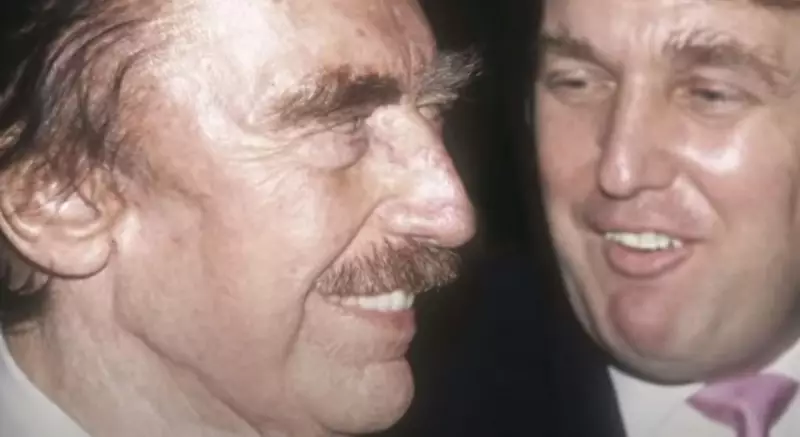
In a revelation that has sent shockwaves through political and religious circles, former US President Donald Trump has made startling comments about his father's spiritual fate and his own concerns about the afterlife.
The Controversial Confession
During a recent public appearance, Trump openly questioned whether his late father, Fred Trump, had attained a place in heaven. The billionaire-turned-politician expressed doubts that stem from his father's worldly nature and business-focused life.
Trump's Spiritual Self-Assessment
What makes this confession even more remarkable is Trump's admission that he might face the same celestial rejection. The former President suggested that his own path to salvation might be similarly obstructed, drawing parallels between his life and his father's.
The Religious Context
These comments come from a leader who has consistently positioned himself as a defender of Christian values in American politics. Trump's remarks reveal a complex relationship with faith that contrasts with his public religious persona.
Public Reaction and Analysis
The disclosure has sparked intense debate among theologians, political analysts, and the general public. Many are questioning how these beliefs align with Trump's political messaging and his appeal to evangelical Christian voters.
Key aspects of Trump's spiritual outlook include:
- His perception of heavenly qualifications
- The intersection of wealth and spirituality in his worldview
- How these beliefs might influence his political decisions
- The contrast between public faith and private doubts
Broader Implications
This isn't the first time Trump has made headlines with his unconventional religious views. However, the candid nature of these latest comments provides unprecedented insight into the former President's personal spirituality and how he processes concepts of morality and redemption.
The revelation raises important questions about how voters reconcile a leader's personal spiritual doubts with their public religious stance, particularly in a nation where faith often plays a crucial role in political leadership.





